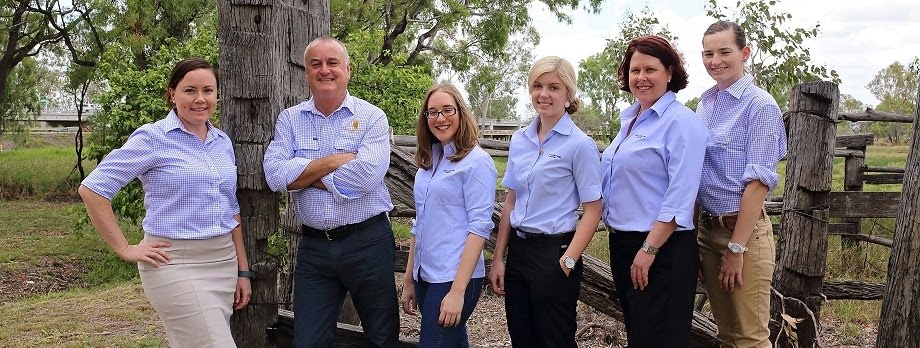Video clip is courtesy of Sharon Howard, Regional Manager AgForce Central
In this media release, Queensland Law Society president Bill Potts said it was refreshing that the Parliament’s Agriculture and Environment Committee’s unanimously recommended removing a provision under which landholders were to be considered guilty of illegally clearing land until they could prove themselves innocent.The Agriculture and Environment Parliamentary Committee have made their recommendations in relation to proposed changes to the Vegetation Management bill.
We know landowners are outraged at the changes, but what about the legal profession?Mel: I'm Melanie Findlay, so I'm a partner in the Energy, Environment and Agribusiness section of Rees R & Sydney Jones in Rockhampton.Reverse Onus of ProofMel: Recently the recommendations to parliament have been released in regards to the Vegetation Reinstatement Bill, and the most important one for agriculture would be the reverse onus of proof provision. So there's been a recommendation that that provision be removed, and what that provision said was that you are pretty much guilty until you are proven innocent or until there's evidence in the contrary that you didn't illegally clear.It should have never have been in there in the first place because legislation standards say that you are innocent until proven guilty, but what they've done is reverse that onus of proof and it is great to see that they have recommended that that be removed from the Act.Mistake of FactMel: The next thing we are going to talk about is the mistake of fact. So, pretty much everyone who has seen their vegetation data would notice that there are probably errors in their mapping. You might rely on a map that you are given by the government and that map might be full of mistakes and the reason why it is full of mistakes is because it has been done at such a large scale.So the problem with the mistake of fact issue is that, for example, right now we have got the Early Detection Unit in Rockhampton that are going around looking at satellite data from the last few months and what happens is they pick up that there has been some clearing in an area that they think there shouldn't be clearing according to their mapping. So they will write to a landowner and say "Can you explain why there has been this clearing because we cannot explain it?". The problem is, the landowner then has to run off and they're worried about having to prove that what they did was legal and they come and see me, and my hourly rate is expensive, or they need to go see a botanist or a consultant at an expensive rate and spend money proving that the maps were wrong, and therefore they didn't actually commit an offence.So what? They never do anything about the maps anyway, do they?Mel: Apparently so far there have been 86 of these early detection notifications going out and we have had a fair few come through our office.What should we be doing with these proposed changes?Mel: So in my opinion, as a solicitor, I find it really difficult to deal with such a complicated area of law that keeps chopping and changing and landowners were quite happy and frankly people in Brisbane trusted them to deal with the laws as they were in place. So I wouldn't agree with these new amendments coming in because I just think that they are too onerous and too expensive for landowners to deal with.At the moment there is a real interest in investment in agriculture. We have got the Northern Australia Plan, we are looking at enlivening exports to new markets, and I think we have got to trust the people in the business of agriculture that they know what to do to take care of their land. I think we should stop making things too difficult for them; multiple pieces of paper, exemptions, codes and clearing rules when really people genuinely want to take care of the grass cover and their land in the first place.



No comments:
Post a Comment